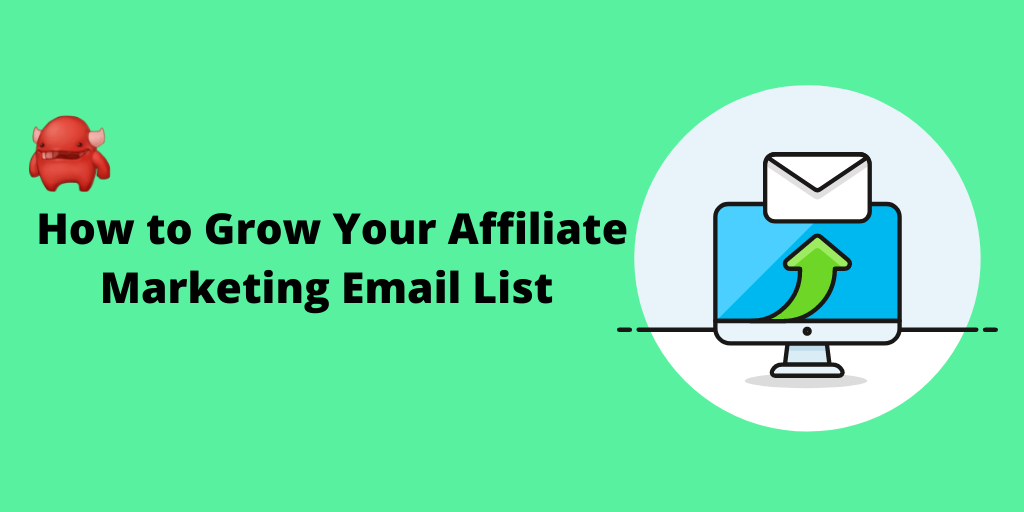20 Top Reasons For Picking Email List Sellers
Wiki Article
What Are The Factors I Need To Consider When Buying An Email List For Cpa?
In order to ensure that your CPA (Certified Public Accountant), email list is legal, relevant and high-quality it is essential to look at some key aspects. Be aware of these elements: Quality of data and accuracy
Source of information: Find out the sources of the lists. The most reliable providers usually collect data from reliable sources such as professional directories and trade associations. Avoid lists that are compiled by scraping or other unreliable methods, since they may contain outdated or incorrect information.
Verification Process: Ensure your email list has been recently verified. This will lower bounce rates, and you can be sure that the addresses on the list are legitimate. CPAs tend to change their jobs and firms often, which is why it's important to ask whether they are updated regularly.
Segmentation: A reliable CPA database should offer the option of segmentation. These include locations (city or state) as well as specializations in the industry (e.g. auditing, financial planning, taxation), years of expertise and size of the company. Your marketing campaigns will be more relevant if you use targeted targeting based on the factors above.
2. Legal Regulations
Data Privacy Laws : Ensure the compliance of local privacy laws for data which include the California Consumer Privacy Act and the General Data Protection Regulation. Lists must include email addresses that have been obtained legally, with proper consent.
Conformity with the CAN-SPAM Act. For U.S. emails campaigns, the list must comply with the CAN-SPAM Act. This Act governs commercial electronic communication. The list should include opt-out methods and avoid misleading contents or subject lines. Failure to comply with the law may result in fines and legal issues.
Opt-in Consent: Confirm that email addresses were acquired through opt-in consent. This means that the users consented to receiving marketing emails from third party companies. This reduces the likelihood of complaints about spam while also increasing engagement.
3. Provider Reputation
Check the reputation and track record of the company you choose to work with. You can evaluate previous customer experiences by checking reviews, case study, and testimonials. Data from established providers is more accurate and reliable.
Transparency: Providers must be transparent in the way they gather data and when it is up-to-date. It's a warning sign when a provider doesn't describe their method in a clear manner.
Customer Support: Dependable customer support is important for those who need assistance in modifying your list or troubleshooting issues, or if you need help understanding compliance rules. A competent support team will reduce time and effort throughout the process of launching your campaign.
4. Cost and ROI
Pricing Models. The providers offer a variety of pricing options. Some charge for each contact while others charge per-contact fees or a subscription. Examine the costs in relation to the expected ROI and then evaluate your price against the value of your selection.
Refund Policy: Learn whether there is a procedure to refund or replace items when a certain number of emails were incorrect or not valid. A guarantee can give security.
Don't be focusing on the price only. If the list is of poor quality, a less expensive one might look appealing, but it may result in low engagement rates or high bounce rate. Pay for lists which offer precision in data and segmentation.
5. Ownership, Usage, and Access
Single-Use or Multiple-Use? Clarify if you are buying the list only for one use or if the information is yours and you can make use of it in ongoing campaigns. Single-use lists are less expensive, but owning the list gives you flexibility to run long-term campaigns.
Shared Lists: Determine if the list is solely yours or shared by multiple buyers. Shared Lists: Determine if the list of email addresses is exclusive to you or shared with multiple buyers. Shared lists can lead to the audience becoming tired, especially if those who are on it are constantly bombarded with marketing emails.
6. Data Format and Integration
CRM Compatibility. Ensure the list is delivered in the format of a CSV or Excel format. It allows easy importation and management of your information.
Ease of Use: Examine the ease at which data can be segmented, managed and integrated in your system. A well-organized database can enhance the effectiveness of targeting and personalization.
7. Ethical Questions
Relevance of Content - CPAs are on an extremely busy schedule, which is why it's essential to send material that's useful and adds worth. Unrelated messages could damage the reputation of your company or lead to more spam complaints.
Avoid sending too many emails: Be aware of how often you email the people on your list. Unsubscriptions could result as well as spam complaints and unsubscribes. This could negatively impact your sender reputation.
Conclusion
When purchasing an CPA email list, you should consider the quality of the data, legal compliance, and the provider's reputation to ensure your investment is worthwhile. The use of segmentation, targeting and ethical practices can increase engagement and boost ROI while maintaining your brand's image. Follow the best cpa email list for blog info.

Ten Things To Think About When Buying An Email List For The Oil And Gas Industry
To create a top-quality list that is both specific and in compliance with the law, be aware of a number of aspects. Here are ten crucial factors to consider.
1. Relevance of the Target Audience
Industry Focus: Ensure the email list is specifically targeted at the gas and oil industry. Lists should be segmented to include professionals like engineers, geologists and managers of operations in the upstream, middlestream and downstream.
Job Titles & Roles: Search for a listing that includes the appropriate decision-makers within your target company (executives/managers/engineers and so on.). The companies you are targeting will include a list of most appropriate decision-makers (executives and managers, engineers and others.).
2. List source and vendor Reputation
Reputable List Providers: Purchase only from email list suppliers who follow best practices. Avoid sources that are of doubtful origin as they can lead to poor quality information or even legal problems.
Data Quality: Conduct a thorough research or ask for testimonials in order to evaluate the data provider's quality.
3. Data Freshness and Accuracy
Data Age: Contact details should be current. Staff changes are commonplace in oil and gas firms, and outdated contact details could lead to large bounce rates.
Verification Process: Ensure that your vendor is updated and frequently checks their list of contacts to eliminate those who aren't responsive or inaccurate.
4. Conformity to Regulations
Legal Compliance. Ensure your list complies local and internationally with laws, such as GDPR or CAN-SPAM. These regulate the use personal information. Failure to comply could result in serious penalties and legal risk.
Opt in Process: Verify whether the email address on the list was gathered with the consent of the recipients, i.e. they've chosen to receive messages.
5. Segmentation, Customization and Configuration
Custom Segmentation A good list provider will offer options for segmentation based on certain factors such as location, or job position. It could include company size as well as sub-sectors in the oil and Gas industry.
Custom Filters - Depending on the goals for your campaign that you have, make sure that your list is customized to meet criteria like geographical location or size of the business or specific requirements.
6. Deliverability Rate
High Rates of Deliverability A well-designed list of email addresses will come with high rates of deliverability (normally 95%). Bounce rates on poor quality email lists may be high, which can harm your brand's reputation and impact marketing efforts.
Testing and Metrics. You may ask the service provider to provide you with metrics on deliverability, or past performance data to determine the effectiveness of your plan.
7. Volume vs. quality
Quality over Quantity - Make sure the list you create is not just extensive but also precise and targeted. A smaller, more targeted list will result in better results.
Engagement Metrics. Prioritize engagement over the number contacts. A well-engaged audience will be more responsive to your marketing campaigns.
8. Cost structure and pricing
Transparent Pricing â Understand the price structure, whether it's a once-off or recurring subscription. Beware of cheap lists, as they may not offer value or quality.
Return on Investment (ROI) and compare costs of the list against conversion rates expected. It's sometimes more cost effective to pay a higher price for a list that has an excellent conversion rate.
9. Privacy and security of the data
Verify that the vendor adheres to strict guidelines for data protection. The list vendor should make sure all personal data are protected from unauthorized access.
Confidentiality: Confirm that the company will not share or resell your personal information, especially when your company requires privacy and discretion.
10. Customer Support and After-Sales Support
Customers should receive ongoing support from the vendor in the event you encounter issues or require assistance in the implementation.
List Replacement Guarantee - In the event that there are problems with a list (e.g. incorrect information or insufficient delivery) A reputable provider will give you a replacement or refund.
Be aware of these aspects to make sure you're buying the right oil and gas list of email addresses that is effective, compliant and geared to your goals for business. Check out the best for more guide.
